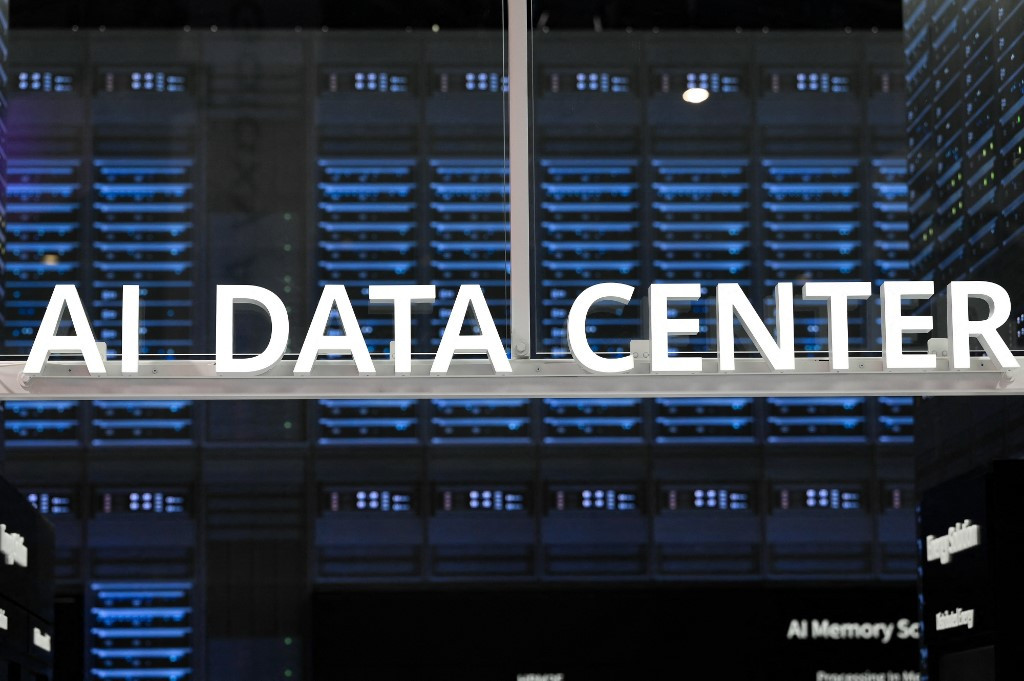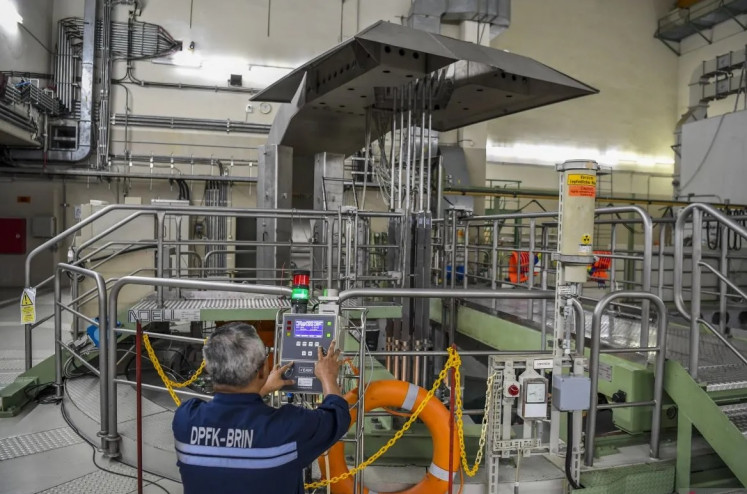Popular Reads
Top Results
Can't find what you're looking for?
View all search resultsPopular Reads
Top Results
Can't find what you're looking for?
View all search resultsAs AI data scrapers sap websites' revenues, some fight back
Change text size
Gift Premium Articles
to Anyone
A
swarm of artificial intelligence "crawlers" is running rampant on the internet, scouring billions of websites for data to feed algorithms at leading tech companies - all without permission or payment, upending the online economy.
Before the rise of AI chatbots, websites allowed search engines to access their content in return for increased visibility, a system that rewarded them with traffic and advertising revenues.
But the rapid development of generative AI has allowed tech giants like Google and OpenAI to harvest information for their chatbots with web crawlers, without humans ever needing to visit the original sites.
Traditional content producers, such as media outlets, are being outpaced by AI crawlers, which have cut into their online operations and advertising revenues.
"Sites that gave bots access to their content used to get readers in exchange," said Kurt Muehmel, head of AI strategy at data management firm Dataiku.
But the arrival of generative AI "completely breaks" that model, he told AFP.
Wikipedia's human internet traffic fell by eight percent between 2024 and 2025 because of a rise in AI search engine summaries, the online encyclopedia reported last month.
"The fundamental tension is that the new business of the internet that is AI-driven doesn't generate traffic," said Matthew Prince, CEO of Cloudflare, an American internet services provider.
'No trespassing'
Cloudflare, which processes more than 20 percent of all internet traffic, announced this summer a new measure aimed at blocking AI crawlers from accessing content without payment or permission from website owners.
"It's basically like putting a speed limit sign or a no trespassing sign," Prince told AFP on the sidelines of the Web Summit in Lisbon.
"Badly behaving bots can get by that, but we can track that... Over time, we can tighten these controls in a way that we're confident the AI companies can't get through."
The measure, which applies to more than 10 million websites, has already "attracted the attention of artificial intelligence giants", he added.
On a smaller scale, American start-up TollBit is providing online news publishers with tools to block, monitor and monetize AI crawler traffic.
"The internet is a highway," said CEO and cofounder Toshit Panigrahi, who described the company as a "tollbooth on the internet".
TollBit works with more than 5,600 sites, including USA Today, Time magazine and the Associated Press, allowing media outlets to set their own access fees for their content.
The analytics are free for publishers, but AI companies are charged a "transaction fee for every piece of content they access".
But for Muehmel, the online takeover by AI crawlers cannot be resolved with only "partial measures or by an individual company".
"This is an evolution of the entire internet economy, which will take years," he said.
If the bot swarm continues to roam freely online, "all of the incentives for content creation are going to go away," Prince said.
"That would be a loss, not just for us humans that want to consume it, but actually for the AI companies that need original content in order to train their systems."











